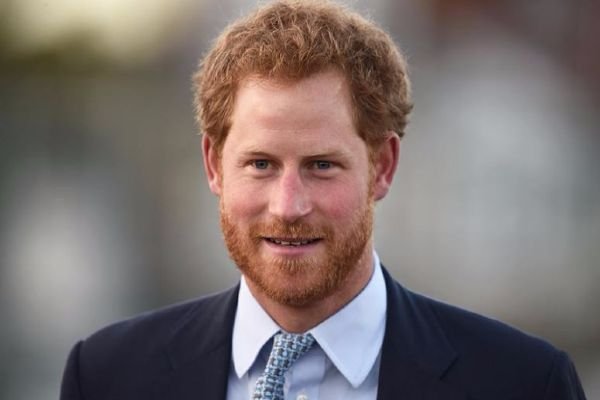Prince Harry’s ongoing legal battle with the British government over the level of his personal security has once again captured headlines, as the Duke of Sussex seeks to appeal a recent UK court ruling. The court decision, which deemed the government’s downgrading of his security to be lawful, has prompted Harry to pursue further legal action in hopes of overturning the judgment.
The controversy stems from a decision made by the British government in February 2020 to reduce the level of publicly-funded protection provided to Prince Harry when he visits the United Kingdom. This decision came in the wake of Harry’s relocation to North America with his wife, Meghan Markle, effectively signaling his departure from his role as a working member of the royal family. As a result, the government informed Harry that he would no longer receive the same degree of security detail during his visits to the UK.
However, Harry challenged this decision through legal channels, arguing that adequate security measures are essential to ensuring his safety and that of his family while in the UK. His legal team contended that the reduction in security posed significant risks to his personal safety, citing concerns about potential threats and the need for protection due to his status as a prominent public figure.
In response to Harry’s legal challenge, the High Court of the United Kingdom recently issued a ruling affirming the lawfulness of the government’s decision to downgrade his security. The judgment, delivered by High Court judge Peter Lane, concluded that the process used to determine Harry’s security arrangements was legally sound and did not violate his rights.
Despite the court’s decision, Prince Harry remains steadfast in his pursuit of justice. His legal representatives have announced plans to appeal the ruling and seek recourse through the Court of Appeal, England’s second highest judicial body. Harry’s spokesman emphasized that the appeal is not about seeking preferential treatment but rather ensuring a fair and lawful application of the rules governing his security arrangements.
The legal dispute has reignited debates about the role of security protocols for members of the royal family, especially those who have chosen to step back from official duties. Critics argue that the reduction in publicly-funded protection reflects Harry’s diminished status as a non-working royal and is a reasonable adjustment given his changed circumstances.
However, supporters of Prince Harry contend that security concerns should not be contingent on his royal status and emphasize the importance of ensuring his safety regardless of his official role within the monarchy. They argue that as a high-profile individual with global visibility, Harry faces unique security challenges that warrant adequate protection, particularly in light of his past experiences and the tragic death of his mother, Princess Diana, in a car accident involving paparazzi pursuit.
The legal battle over Prince Harry’s security is just one facet of his broader efforts to navigate life outside the royal spotlight. Since relocating to California, Harry and Meghan have pursued various endeavors, including philanthropic initiatives, media projects, and advocacy work on issues such as mental health and social justice.
Meanwhile, Prince Harry’s legal challenges extend beyond the realm of personal security. He has been involved in several lawsuits against British tabloid newspapers over alleged privacy violations and phone hacking. Earlier this month, Harry reached a settlement in a long-running legal dispute with Mirror Group Newspapers (MGN), while other cases against the publishers of the Daily Mail and News of the World are ongoing.
As Prince Harry continues to assert his legal rights and advocate for his interests, his actions underscore the complexities of life after royal duties and the ongoing tensions between personal privacy, public scrutiny, and the responsibilities that come with royal status. The outcome of his legal battles will not only shape his own future but also have broader implications for the relationship between the monarchy, the media, and the public perception of the royal family.














